December 13, 2015
Best Places to Work + Make the most of each day + Strategic role of offices 0
 In this week’s newsletter; Mark Eltringham on the prescience of philosopher Seneca on a time and a place to work; and a report by Sara Bean finds the boardroom increasingly views office space as a strategic asset. Glassdoor announces the best places to work for 2016; researchers reveal the phenomenon of ‘inattentional deafness’; a new Global Alliance for Buildings and Construction is announced; and Gartner says we’ll be using three technical devices by 2018. Over 100 councils to join an office-sharing scheme; Gen Z will blur the boundaries between home and work, and too much focus on standing in the sit-stand debate. Download the new issue of Work&Place and access an Insight Briefing, produced in partnership with Connection, which looks at agile working in the public sector. Visit our new events page, follow us on Twitter and join our LinkedIn Group to discuss these and other stories.
In this week’s newsletter; Mark Eltringham on the prescience of philosopher Seneca on a time and a place to work; and a report by Sara Bean finds the boardroom increasingly views office space as a strategic asset. Glassdoor announces the best places to work for 2016; researchers reveal the phenomenon of ‘inattentional deafness’; a new Global Alliance for Buildings and Construction is announced; and Gartner says we’ll be using three technical devices by 2018. Over 100 councils to join an office-sharing scheme; Gen Z will blur the boundaries between home and work, and too much focus on standing in the sit-stand debate. Download the new issue of Work&Place and access an Insight Briefing, produced in partnership with Connection, which looks at agile working in the public sector. Visit our new events page, follow us on Twitter and join our LinkedIn Group to discuss these and other stories.






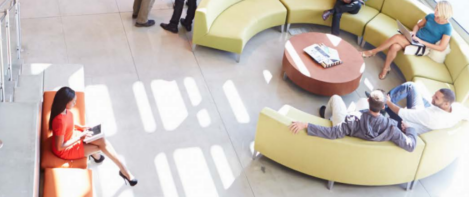
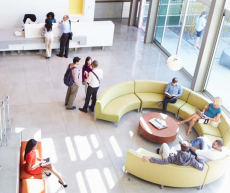
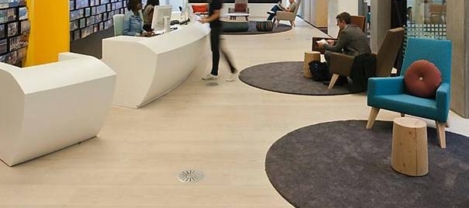
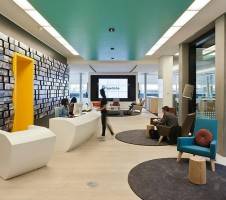







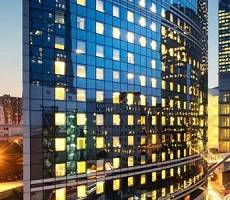


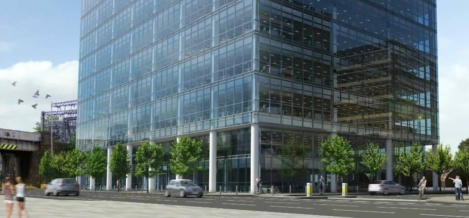
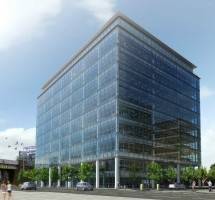








December 8, 2015
Six human resources costs you might avoid by choosing the right office 0
by Darren Bilsborough • Comment, Property, Workplace, Workplace design
(more…)